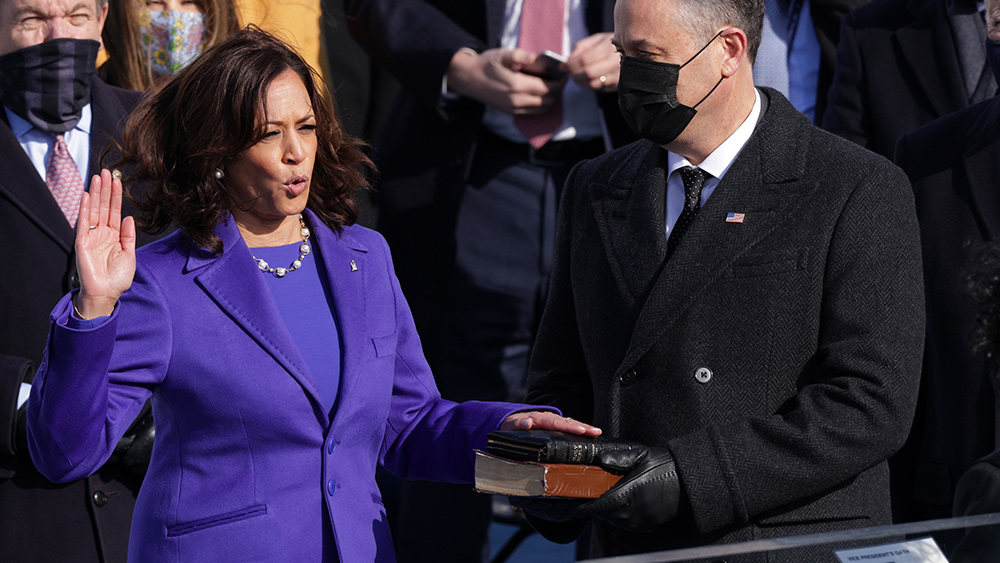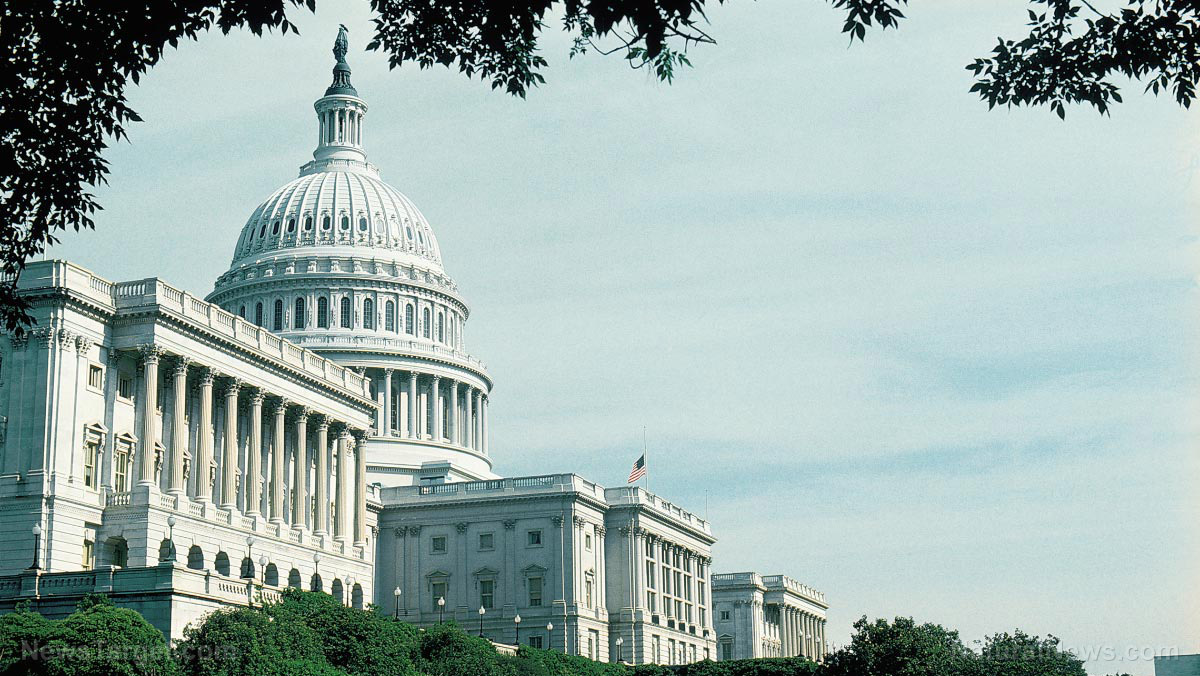Barclays NOT pulling out of Israel bond auction despite pressure from pro-Palestine activists
08/22/2024 / By Belle Carter

Barclays was looking into pulling out from new Israel government bond auctions in response to recent calls for the British banking giant to boycott the auction and sever ties with Israel. However, it just ended up reaffirming its commitment to the country.
The report indicated that Barclays, one of the foreign lenders helping the Israeli government to sell debt, had planned to leave the market in recent weeks.
But after more internal discussions, the bank informed Israeli officials that it would participate in the offering and continue to work as a primary dealer, operating alongside other international banks like Goldman Sachs, JPMorgan Chase and Deutsche Bank.
“We appreciate the bank’s statement affirming its continued commitment to the State of Israel,” said Yali Rothenberg, Israel’s accountant-general. “It is crucial that leading global financial institutions, such as Barclays, choose to resist boycotting Israel and support its legitimate right to self-defense as a leading Western democracy.”
In an undated statement on its website, the financial institution acknowledged that it had been asked why it invests in nine defense companies supplying Israel, saying that the questions “mistake” the bank’s activities.
In a statement in May, when several Palestinian solidarity organizations published a report stating that Barclays has $2.48 billion of investments in Israel’s arms industry, Barclays said it provides services to American, British and European companies “that supply defense products to NATO and its allies.”
“Barclays does not directly invest in these companies. Decisions on the implementation of arms embargos to other nations are the job of respective elected governments. While we support the right to protest, we ask that campaigners do so in a way that respects our customers, colleagues and property,” it stated.
Barclays was ranked as the third most active buyer of Israeli bonds at auctions among the 12 official primary dealers last year, according to official statistics. But it had fallen to 11th in the three months to the end of June. (Related: British banks are now closing the accounts of clients they don’t politically agree with.)
Israel uses financial control to punish Palestine
As Israel continues to rely on international financial giants to keep itself propped up amid high spending on the conflict in Gaza, the country continues to use financial control to manipulate funds that provide basic goods and services to people in Gaza and the West Bank.
Israel’s Finance Minister Bezalel Smotrich even announced in May that his nation will withhold Palestinian tax revenues from the Palestinian Authority (PA) in the West Bank “until further notice,” the same day that Norway, Spain and Ireland announced that they will officially recognize the State of Palestine.
Said funds constitute between 60 to 65 percent of the Palestinian public budget and withholding them will have a devastating effect both on the Palestinian government and its people.
Israel has been manipulating funding to the West Bank for decades. Back in 1997, amid heightened violence between illegal Israeli settlers and Palestinian residents of the West Bank, the European Union was forced to step in to cover the PA’s operational expenditures, and the United States eventually pressured Israel to transfer the revenues later that year amid peace negotiations.
In 2000, Palestinians staged a major uprising against Israeli occupation now known as the Second Intifada. Even though no evidence was found to support the allegations that the PA funded the uprising, Israel withheld tax revenues again, this time for two years, the longest period it has ever done so as per reports.
By 2002, PA’s revenue dropped by 79 percent. The public sector employees, who at the time made up 26 percent of those working inside the West Bank and Gaza, went without their full wages for the entire period.
As the violence intensified until 2005, the West Bank and Gaza suffered immense destruction. Authorities estimated a $1.7 billion cost of replacing the damaged infrastructure. Israeli forces then turned many cities, towns and villages in the West Bank into restricted military zones. This pushed the Palestinian government to the brink of financial collapse.
With the EU’s urging, international donors provided direct financial support, including social allowances for some unpaid government employees and financial assistance for low-income families. However, for Israel, the financial support bypassed the PA and was channeled through alternative mechanisms.
In 2011, Israel suspended tax revenues for one month after the PA applied for recognition as a full member of the United Nations General Assembly as the State of Palestine. In 2015, Israel withheld tax revenues for a sixth time after the PA applied to join the International Criminal Court.
From 2000 to 2017, the PA sustained $6.6 billion in losses as a result of the delayed revenue transfers due to the loss of interest earned and the borrowing costs of alternative financing.
In addition to withholding revenues, Israel unilaterally deducts bills for electricity, water, health, sewage and court orders before sending a net revenue amount to Palestine.
Head over to IsraelCollapse.com for similar stories.
Watch the video below that talks about Barclays’ connection with the deceased sex offender Jeffrey Epstein.
This video is from the NewsClips channel on Brighteon.com.
More related stories:
Far from being an ally, Israel is actually America’s most dangerous ENEMY.
Sources include:
Submit a correction >>
Tagged Under:
banking, banks, Barclays, biased, big government, bonds, boycotts, chaos, conspiracy, finance riot, insanity, investments, Israel, Israel-Palestine war, money supply, national security, Palestine, Palestinian Authority, Resist, traitors, Tyranny, West Bank, World War III
This article may contain statements that reflect the opinion of the author
RECENT NEWS & ARTICLES
COPYRIGHT © 2017 PENSIONS NEWS



















